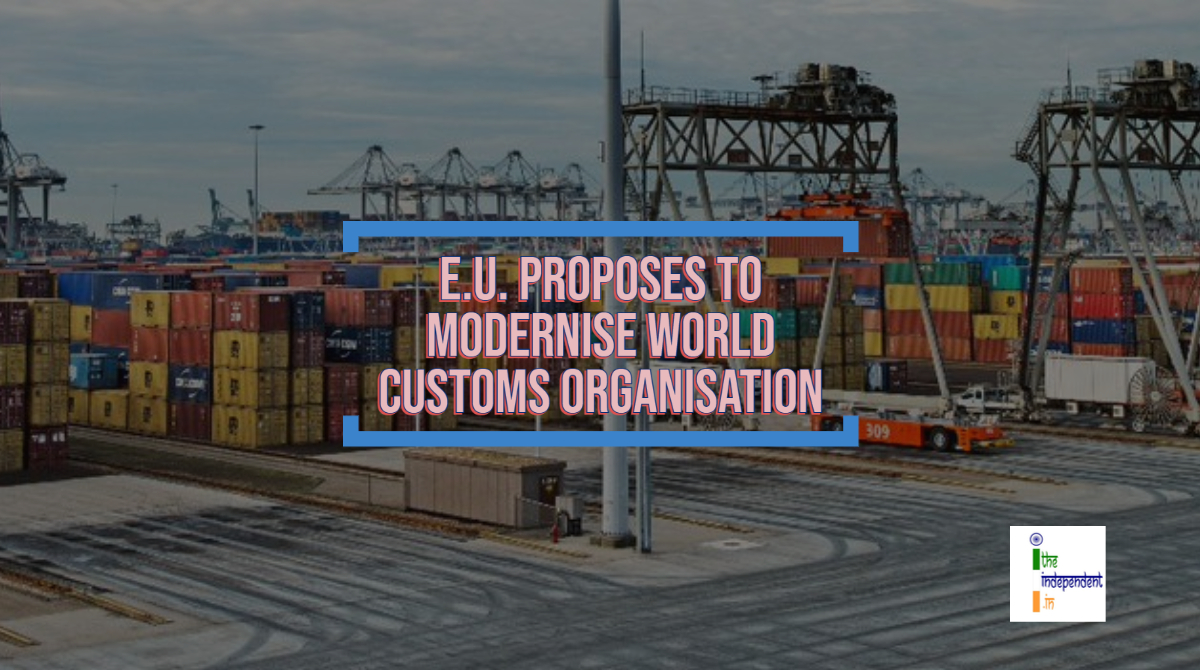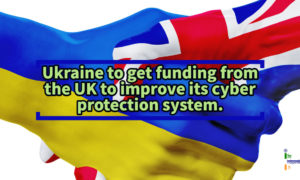
The World Customs Organization modernisation is aimed at positioning WCO as a key multilateral institution
The European Union (E.U.) has announced plans to modenrise World Customs Organization (WCO), the global forum that shapes international standards and common action in the field of customs.
Headquartered in Brussels, WCO is the only global organisation dealing with customs matters. WCO is noted for its work in areas covering the development of international conventions, instruments, and tools on topics such as commodity classification, valuation, rules of origin, collection of customs revenue, supply chain security, international trade facilitation, customs enforcement activities, combating counterfeiting in support of Intellectual Property Rights (IPR), drugs enforcement, illegal weapons trading, integrity promotion, and delivering sustainable capacity building to assist with customs reforms and modernization. The WCO has more than 180 members, including the E.U. and its Member States.
The modernisation is aimed at positioning WCO as a key multilateral institution. E.U. plans to upgrade WCO in line with latest technological developments in the ever-changing international trade environment. At the same time, E.U. would also ensure green and digital transitions take place at the organisation level. This is for the first time since inception in 1952 that WCO would be undergoing transformation.
Taking it to twitter, European Commission tweeted,
The EU is proposing a broad reform of the World Customs Organization @WCO_OMD.
— European Commission
Our goal is to strengthen the WCO’s position as a key multilateral institution and help it address more effectively developments in today's international trade environment. #EUTrade(@EU_Commission) June 24, 2021
The E.U.’s proposal includes a three-step approach towards strategic reform. Firstly, WCO should have stress upon the key challenges of trade in the 21st century such as digitalisation of customs and the use of data, including in dealing with the rise in e-commerce and exchange of information. Development on single window approach and coordinated border management to simplify customs clearance for businesses should be the core areas.
Secondly, WCO should improve the governance methods Transparency, institutional and decision-making processes must be improved, while making the best use of the resources at the Organization’s disposal. Thirdly, the means how WCO is funded should be re-examined. This is important to ensure
long-term sustainability and empower WCO play a pivotal role in the recovery of world trade, in the wake of Coronavirus (COVID-19).
The European Commission has already highlighted these measures in the objectives set out in its recent Communication on Trade Policy Review. They have also proposed to have a rules-based trading framework in place to enhance resilience and sustainability of supply chains. The initiative has to be consistent with the European Commission’s and the EEAS’ strategy to reinvigorate and strengthen the multilateral order.
Going ahead, WCO is expected to engage in discussions with all the members on the 3-point approach proposed by the E.U.







